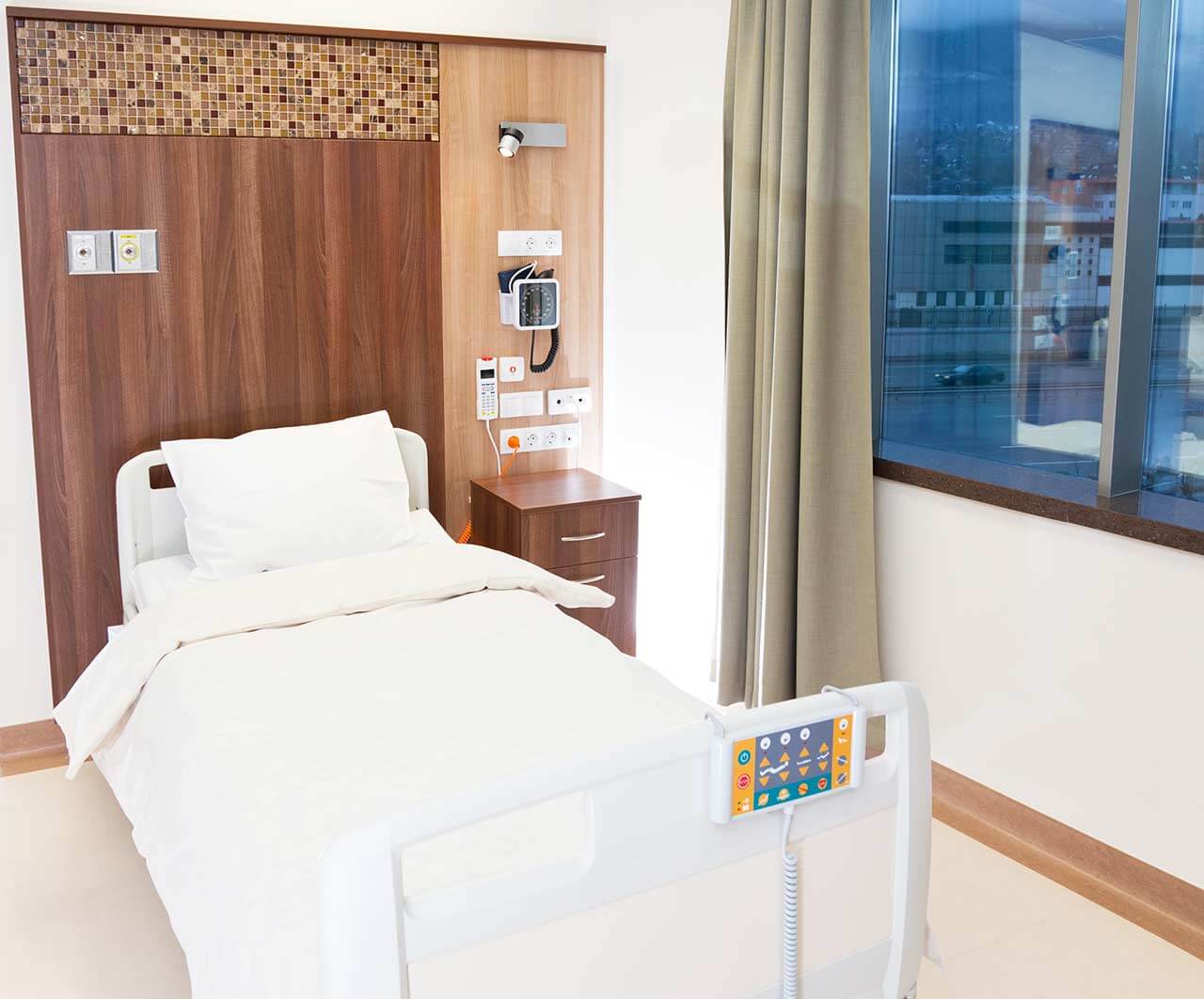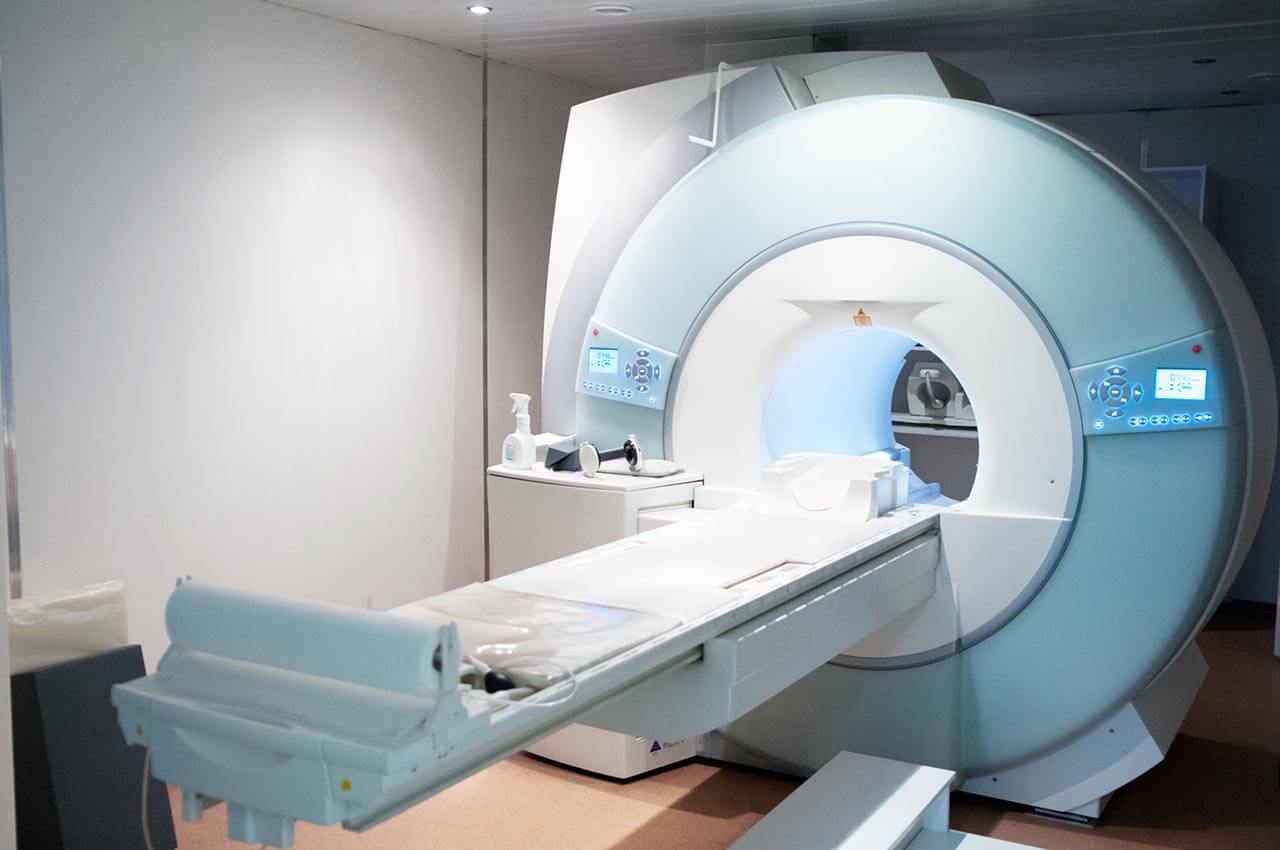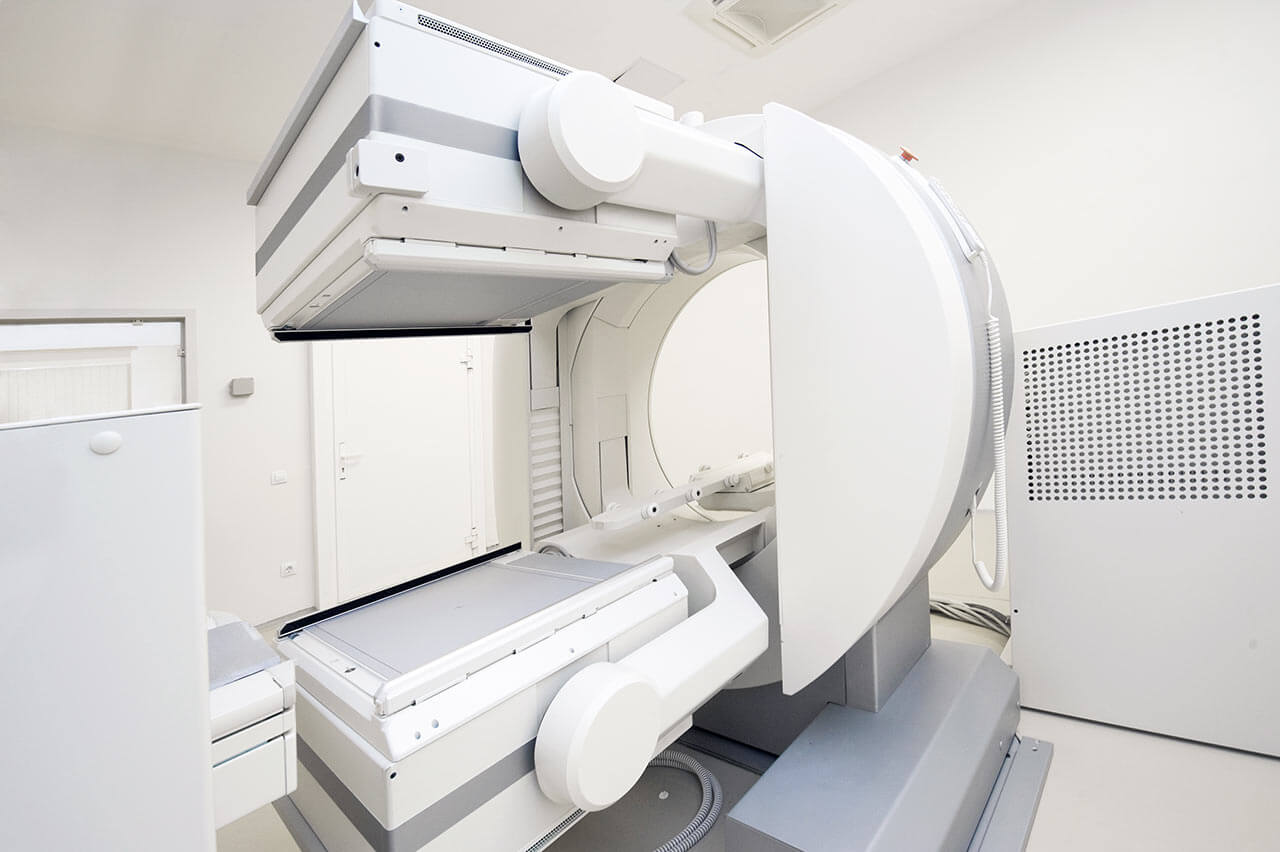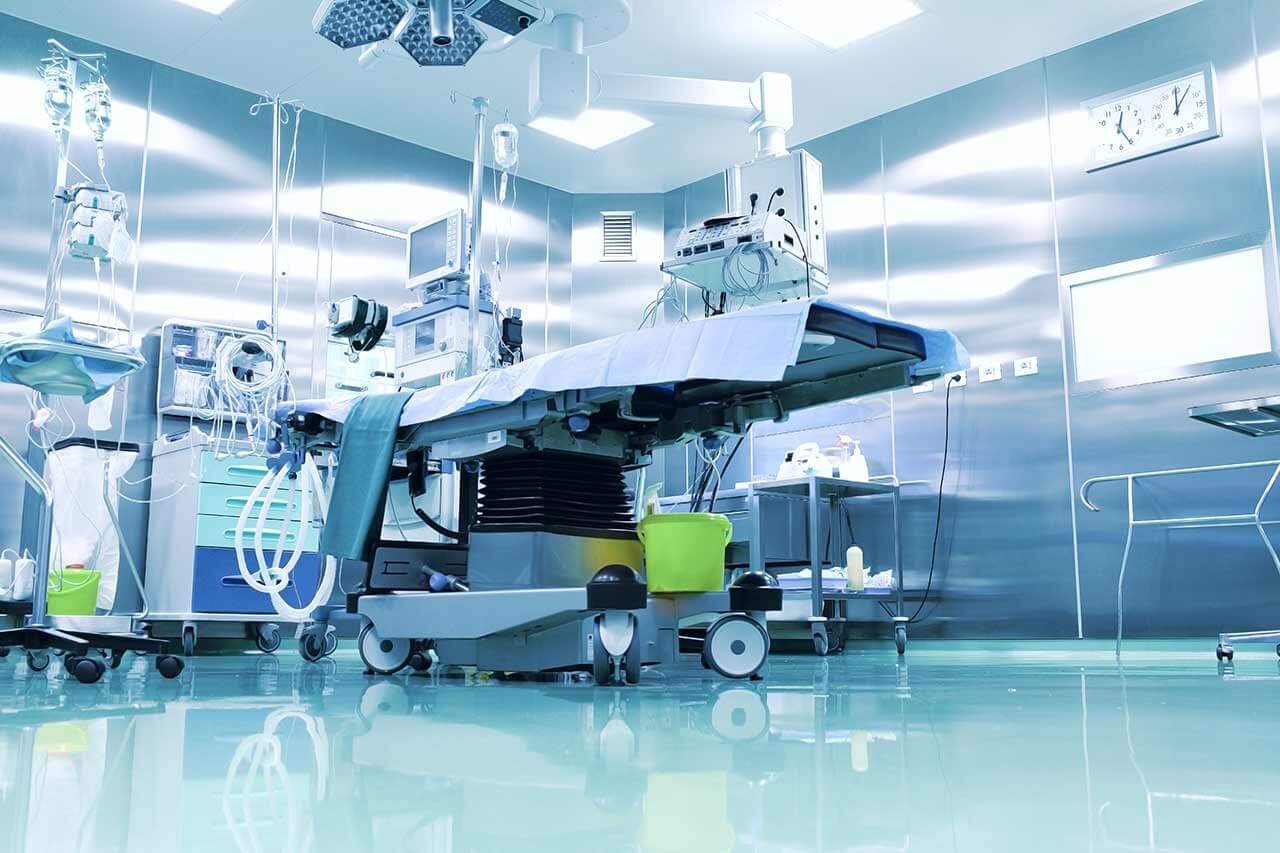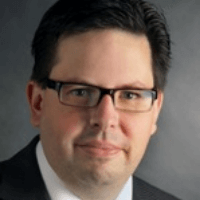
The program includes:
- Initial presentation in the clinic
- clinical history taking
- physical examination
- review of medical records
- laboratory tests:
- complete blood count
- general urine analysis
- biochemical analysis of blood
- TSH-basal, fT3, fT4
- tumor markers, including n-myc
- indicators of inflammation
- indicators blood coagulation
- CT / MRI of the abdomen and retriperitoneum
abdominal and retroperitoneal ultrasound - preoperative care
- resection of the tumor
- histologically and immunohistochemically
examination of the remote tissues - symptomatic treatment
- control examinations
- the cost of essential medicines and materials
- nursing services
- full hospital accommodation
- explanation of future recommendations
Required documents
- Medical records
- Brain MRI/CT scan (not older than 3 months)
- Biopsy results (if available)
Service
You may also book:
 BookingHealth Price from:
BookingHealth Price from:
About the department
The Department of Pediatric Surgery at the University Hospital Marburg UKGM offers the full range of surgical treatment for young patients, ranging from newborns to adolescents. The main activities of the department include general pediatric surgery, neonatal surgery, surgery for malformations, pediatric urology, pediatric cancer surgery, thoracic surgery, pediatric trauma surgery, plastic surgery (including burn surgery), correction of vascular malformations and minimally invasive surgery. An experienced team of highly qualified doctors takes care of the health of young patients. Medical care is provided around the clock. The department is headed by Prof. Dr. med. Guido Seitz.
The treatment of solid tumors in childhood is one of the department’s priority focuses. The surgeons of the department treat tumors of all organs and anatomical structures of the human body, with the exception of the brain and spinal cord. All therapeutic measures comply with the protocols of the Society of Pediatric Oncology and Hematology, as well as with international standards.The department is one of the few in Germany, which provides proton therapy in children (as part of a specialized center). The specialists of the department also have experience in treating complex types of tumors in children. The department maintains close interdisciplinary cooperation with specialists from the related disciplines, for example, the Department of Radiation Oncology.
An important role in the department’s work is also devoted to neonatal surgery. The department performs various interventions to correct congenital malformations, for example, congenital defects of the abdominal wall (omphalocele, gastroschisis, cloacal exstrophy), esophageal atresia, anal atresia, lymphangiomas and genital malformations in girls.
The department’s spectrum of surgical services includes:
- General pediatric surgery
- Appendicitis
- Inguinal hernias
- Umbilical hernias
- Undescended testes
- Phimosis
- Small tumors (lipomas, atheromas, sebaceous cysts)
- Pediatric trauma surgery
- Lacerations
- Ligament strains
- Bruises
- Bone fractures
- Traumatic brain injuries
- Severe injuries of the chest, abdomen and pelvis
- Neonatal surgery
- Congenital malformations
- Abdominal wall defects (gastroschisis, omphalocele, cloacal exstrophy)
- Gastrointestinal malformations (esophageal and intestinal atresia, biliary atresia, anal atresia)
- Chest/lung malformations (congenital emphysema, lung cysts)
- Genitourinary malformations (kidney, bladder and urethral malformations, for example, bladder exstrophy, hypospadias, undescended testes, congenital malformations of the genital tract in girls)
- Vascular malformations (hemangiomas, lymphangiomas, arteriovenous malformations)
- Acquired diseases (for example, necrotic enterocolitis)
- Congenital malformations
- Pediatric plastic surgery
- Conservative and surgical treatment of congenital vascular malformations (special focus on the treatment of hemangiomas and lymphangiomas)
- Hemangiomas (drug therapy with propranolol and cortisone, cryotherapy, laser therapy under general anesthesia, surgical resection)
- Lymphangioma (surgical treatment of large neoplasms on the neck, chest, abdomen, and also on the limbs)
- Correction of syndactyly, polydactyly on the hands and feet
- Removal of lipomas, nevi
- Burn treatment (skin transplantation, including artificial skin)
- Scar revision
- Conservative and surgical treatment of congenital vascular malformations (special focus on the treatment of hemangiomas and lymphangiomas)
- Minimally invasive surgery
- Correction of pectus excavatum (Nuss procedure)
- Laparoscopic procedure aimed at finding the testicle when it is undescended
- Appendectomy
- Diagnostic laparoscopy for chronic abdominal pain
- Treatment of ovarian cysts in girls
- Pediatric urology
- Phimosis
- Hypospadias
- Undescended testes
- Malformations of the urinary tract (duplex kidney, ureteral stenosis, vesicoureteral reflux, urachus)
- Pediatric thoracic surgery
- Correction of pectus excavatum
- Correction of pectus carinatum
- Pediatric cancer surgery
- Soft tissue sarcomas
- Rhabdomyosarcomas
- Peritoneal sarcomatosis, peritoneal carcinomatosis
- Neuroblastoma
- Nephroblastoma (Wilms' tumor)
- Liver tumors
- Germ cell tumors
- Other medical services
Curriculum vitae
Since May 1, 2016, Prof. Dr. med. Guido Seitz has been the Head of the Department of Pediatric Surgery at the University Hospital Marburg UKGM. The doctor studied Human Medicine at the University of Tuebingen. During his training, he also had internships abroad (Zürich, New York, Bern). The doctor had his professional training in the Departments of Pediatric Surgery and Pediatric Urology at the University Hospital Tuebingen. His main research areas include basic and clinical studies of soft tissue sarcomas in children. He is one of the few surgeons in a joint study of soft tissue sarcoma of the Society of Pediatric Oncology and Hematology (GPOH). In addition, he is a member of a group of expert surgeons from study groups on kidney and germ cells in childhood.
Photo of the doctor: (c) UKGM - Universitätsklinikum Gießen und Marburg GmbH
About hospital
The University Hospital Marburg UKGM offers patients modern diagnostics and comprehensive therapy at the international level. As a maximum care hospital, the medical facility specializes in all fields of modern medicine ranging from ophthalmology to traumatology and dentistry. The main areas of specialization of the hospital are surgery, neurosurgery, oncology, nephrology with kidney transplantation and children's medicine.
The hospital is the third largest in Germany. Every year, more than 436,000 patients are treated in two locations of the hospital (Giessen and Marburg): 342,000 in outpatient and 94,000 inpatient settings. The medical facility is the first privatized university hospital in the country.
The hospital staff makes a significant contribution to the development of research activities at the Faculty of Medicine of the Justus Liebig University Giessen and the Philipps University of Marburg. To develop new diagnostic and therapeutic methods, as well as to implement them into clinical practice, the specialists maintain active cooperation in a large number of areas.
The widest range of diagnostic and therapeutic services, the advanced infrastructure and technical base, high quality of treatment and professionalism of health workers contribute to the fact that the medical facility has an excellent reputation not only in Germany, but also far beyond its borders.
Photo: (c) depositphotos
Accommodation in hospital
Patients rooms
The patients of the University Hospital Marburg UKGM live in comfortable single and double rooms made in a modern design and light colors. Each room has an ensuite bathroom with shower and toilet. The pediatric departments provide patient rooms for the joint accommodation of mother and child. The standard room furnishing includes an automatically adjustable bed, bedside table, wardrobe, TV, telephone.
Meals and Menus
The patients of the hospital are offered balanced, healthy three meals a day: buffet breakfast, lunch and dinner. The private kitchen, certified according to DIN EN ISO 9001: 2000, is responsible for providing patients with food and drinks.
If for some reason you do not eat all foods, you will be offered an individual menu. The hospital also has a cafeteria with a large assortment of hot and cold drinks, snacks and desserts.
Further details
Standard rooms include:
Television
All patient rooms are equipped with TV sets. If you have some questions about TV use, please contact medical personnel.
Religion
Religious services can be provided upon request.
Accompanying person
During an inpatient program, an accompanying person can stay with you in a patient room or in a hotel of your choice.
Hotel
During the outpatient program, you can stay at the hotel of your choice. Our managers will help you choose the most suitable option.
